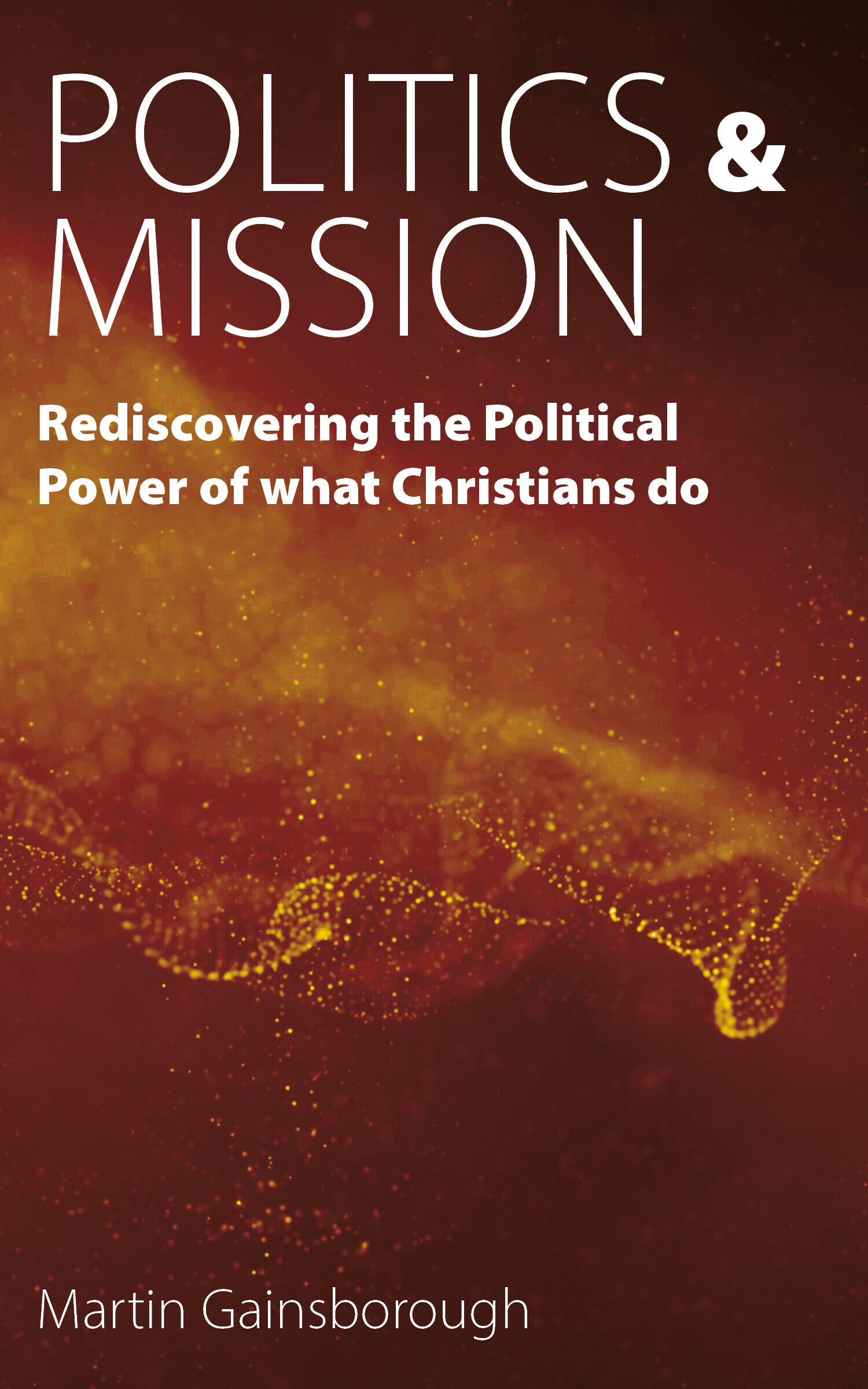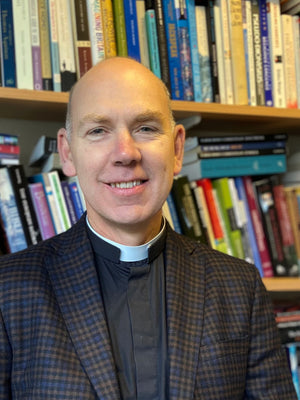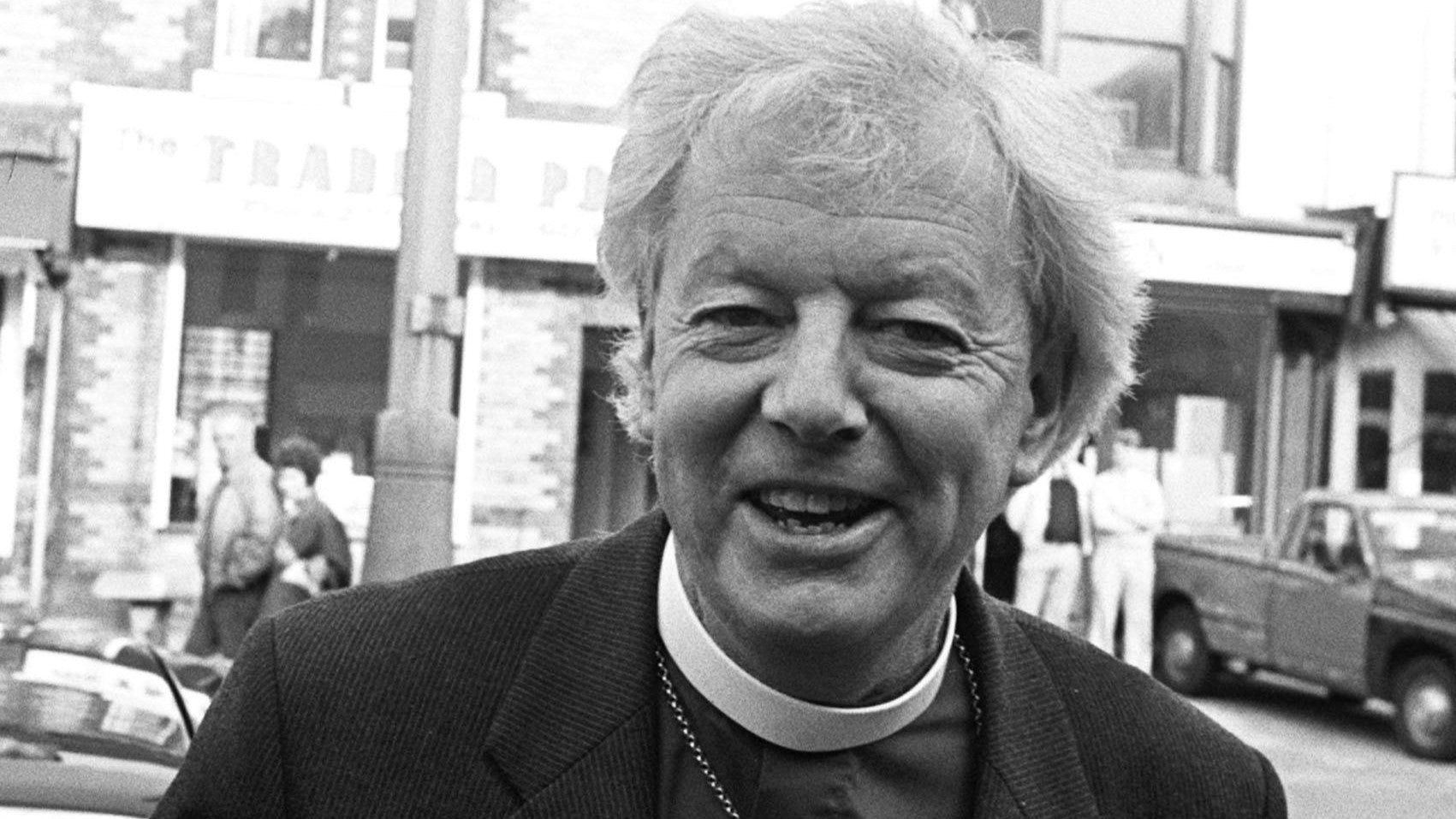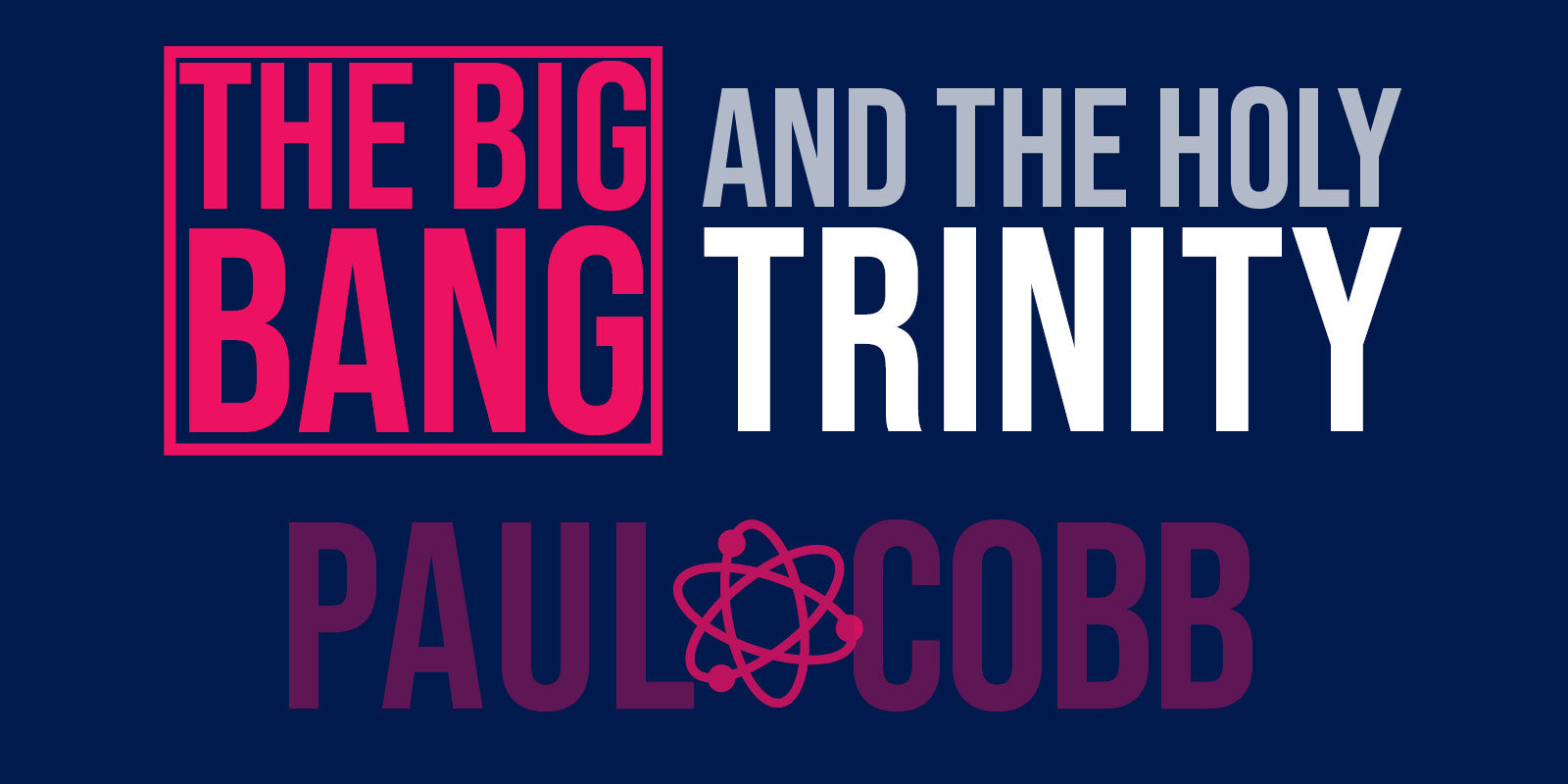 As the UK, US and many other countries prepare to go to the polls in 2024, what distinct and crucial contribution can Christians make to the common life and for the common good?
As the UK, US and many other countries prepare to go to the polls in 2024, what distinct and crucial contribution can Christians make to the common life and for the common good?
Martin Gainsborough, Bishop of Kingston and author of Politics & Mission, reflects.
It has been commented that 2024 is the year of elections with close on 50 per cent of the world’s population going to the polls in countries from India to South Africa, the United States to Brazil, and many more. This includes the United Kingdom which must hold its general election by 28 January 2025, although it is widely expected to happen before the end of 2024.
One of the criticisms of interventions in politics styled as Christian is that it is often unclear in what way the Christian faith makes any difference. Christians express a wide range of political opinions and are present in all the main political parties—ipso facto where’s the distinctive voice?
So, granted that Christians differ in their views, is there perhaps a distinctive vocation for Christians in respect of political and public life?
Some people will say that the Church should stay out of politics. But this is a view that often conceals a particular political (and secular) position.
Of course, it can be unedifying for the Church (bishops especially) to wade in on every issue of the day. But to suggest that Christianity is not political is a distortion. Christianity is profoundly political because it tells a radically different story about the world from the dominant political norms of our day. Indeed, it is precisely because Jesus clashed with the norms of his day that he was crucified (John 18:36). That confrontation with the principalities and powers remains as alive today as it ever was.
Thus, while the Church may well find itself taking issue with the government of the day—invoking the accusation that the Church is being party-political—the reality is the Church ought to find itself ruffling feathers across the political spectrum even as it should also be an encourager of those in public life. But Christianity, make no mistake, is radical: just remember the Song of Mary (the Magnificat)!
So, a first step in exploring a distinctive Christian political vocation is for us to resist efforts at sidelining the Church or questioning its right to speak. (And for the record, it is not that the Church acts on the government as the true site of politics. Rather, all human affairs, including our politics, sit under God.)
 But if we are not to be silenced, how might we find our voice?
But if we are not to be silenced, how might we find our voice?
We live in an age when trust in public life is at record lows. Society is ever more divided. Our ability to disagree well is increasingly threadbare with a tendency to vilify those we disagree with from the relative safety of our social media bubbles or our algorithm-guided world.
And yet, our country, and the world, faces deep challenges—climate breakdown, poverty and inequity, acute pressures on public services, and threats to world peace. This requires people to come together across political divides to think deeply and courageously rather than score political points, duck the real issues or dupe the electorate.
Whether it is in this country, or across the Atlantic where political discourse is even more fractured than here, we are failing badly in terms of rising to the challenges we face with the result that current and future generations face an uncertain future.
So, how might we advocate for something better?
One of the things to recognize is that the values and perspectives which have led us to this place, particularly an overemphasis on individual rights at the expense of what holds society together, are not Christian values. Or, to put it another way, contemporary culture peddles a false anthropology of what it is to be human. For Christians, human beings make sense in relationship—with God, with each other, and with all creation (yes, the fauna and flora on whom we depend!). And from baptism to the grave, our liturgies recognize this, pointing to another way to live beyond the empty promises of the world.
God has delivered us from the dominion of darkness
and has given us a place with the saints in light.
May we who share Christ’s body live his risen life;
we who drink his cup bring life to others;
we whom the Spirit lights give light to the world.
Gather your people from the ends of the earth
to feast with all your saints
at the table in your kingdom,
where the new creation is brought to perfection.
So, a second step in finding our distinctive voice is to see the connection between our liturgies (“the words we say in Church”) and the world. Because of its perspective on what it is to be human, Christianity offers radical and counter-cultural alternatives whether it be on migration, climate breakdown, taxation, or war. Though we are talking principles, not detailed policy prescriptions, nevertheless we need to get better at making these connections. Church is about the world!
And what about a third and final step whereby followers of Jesus can make a distinctive contribution to political and public life?
In an age of division and incomprehension, perhaps the most important thing Christians can do is to bring people together and build bridges across our fractured politics. Can we be the ones who speak the healing word?
The Catholic theologian Anna Rowlands talks about just such an approach where we are a people who recognize and honour difference, are able to contemplate dispossession of narrow practices of self-assertion—not my will but yours be done (Luke 22:42)—and then commit to negotiate goods in common (i.e. recognition, dispossession, negotiation). Put differently, what Rowlands is saying is don’t be so certain that you are right, lean-in to difference, be curious and delight in it, and let God lead us to a deeper truth. The Church is not just another interest group clamouring for its rights, rather we are committed to an ongoing discernment of wisdom because we recognize our interdependence. If my neighbour near or far suffers, or we plunder the earth, we all are diminished (1 Corinthians 12:26).
Christian communities, because they still believe in community, in relationship, in bringing people together, can be exciting crucibles for such work, reaching out to others beyond the Church, seeking to live more gently on the earth, speaking bolding to our prospective parliamentary candidates and councillors telling them what we will vote for and what we will not, re-invigorating political life from the ground up.
Let us pray for our politics, that prophetic voices may be heard, and that the deep change God’s suffering world needs may come. Come Lord Jesus, come!
Martin Gainsborough is Bishop of Kingston in the Diocese of Southwark. From 2012–18, he was Professor of Development Politics at the University of Bristol. He is the author of Politics & Mission: Rediscovering the Political Power of what Christians Do.











